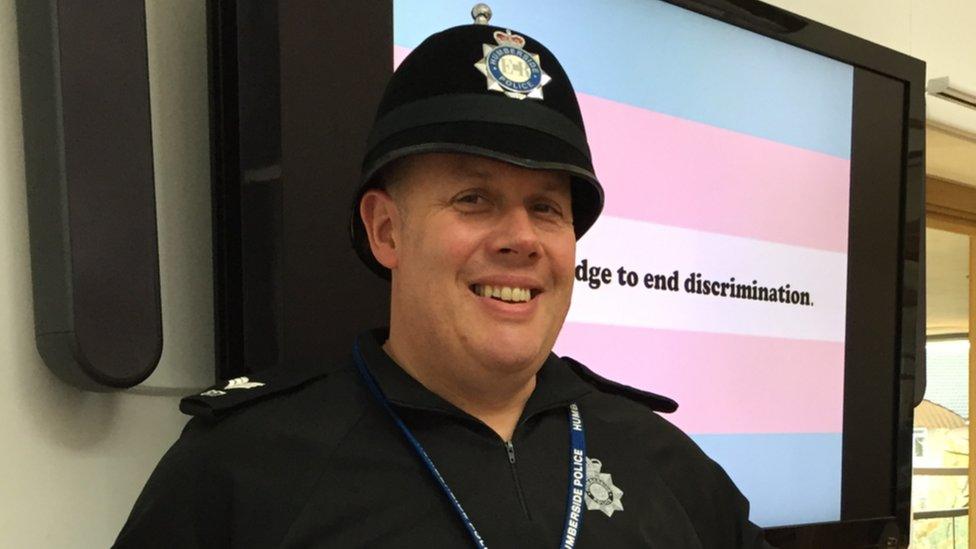Demand for transgender awareness courses 'up 50%'
- Published
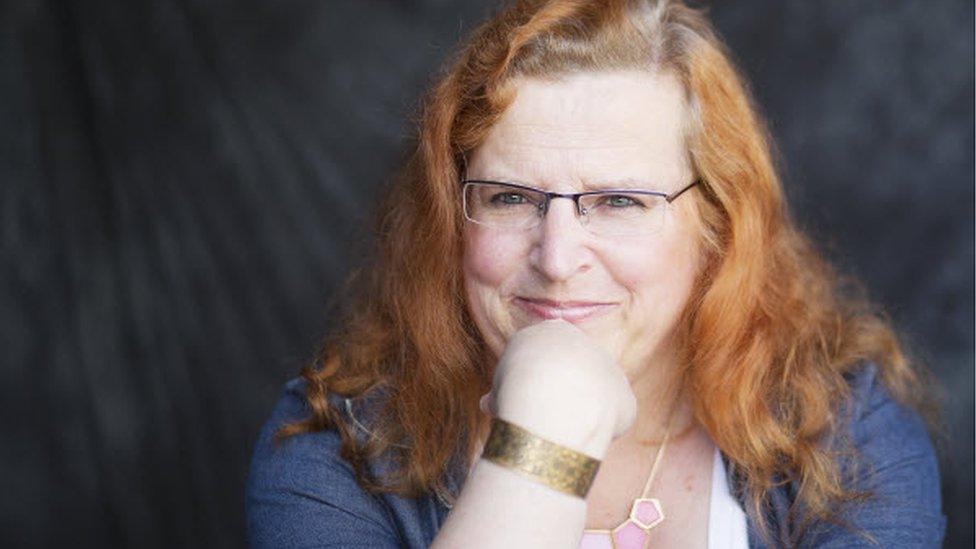
Cheryl Morgan said there was a mistaken view that being transgender was new and a fad
An organisation providing transgender awareness courses has said demand has increased by 50% in the past year.
The Diversity Trust said requests for training courses had risen because of law changes and increased visibility of trans people.
Trust director Cheryl Morgan said the courses aimed to address myths for staff who wanted to treat trans colleagues or clients "fairly".
She said: "It's not being trans that's the problem, it's people's attitudes."
Ms Morgan, from the Somerset-based Trust, said she thought the increase was "partly as a result of companies and organisations catching up with their obligations under the 2010 Equality Act" and "partly as a result of the increased visibility of trans people in the media and daily life".
'Always existed'
She said all trans training was carried out by trans people and what most people wanted to understand was "terminology, pronouns or what it means to be non-binary - because people don't want to offend".
"There's a mistaken view that being trans has just been invented and is now a massive fad, whereas in reality trans people have always existed and the proportion of people wanting to transition is very low."
The number of transgender hate crimes recorded by police forces increased 37% in the past year, with 2,333 offences in England and Wales in 2018-19, according to Home Office figures.
Ms Morgan said hate crime against trans people was "mostly harassment and refusal to provide services" but that could turn violent and added "harassment on social media is rife".
"The media portrayal of trans people is very different for trans men and trans women. Trans men are portrayed as innocent victims who need to be saved from transition, whereas trans women are portrayed as violent males seeking to invade female space."
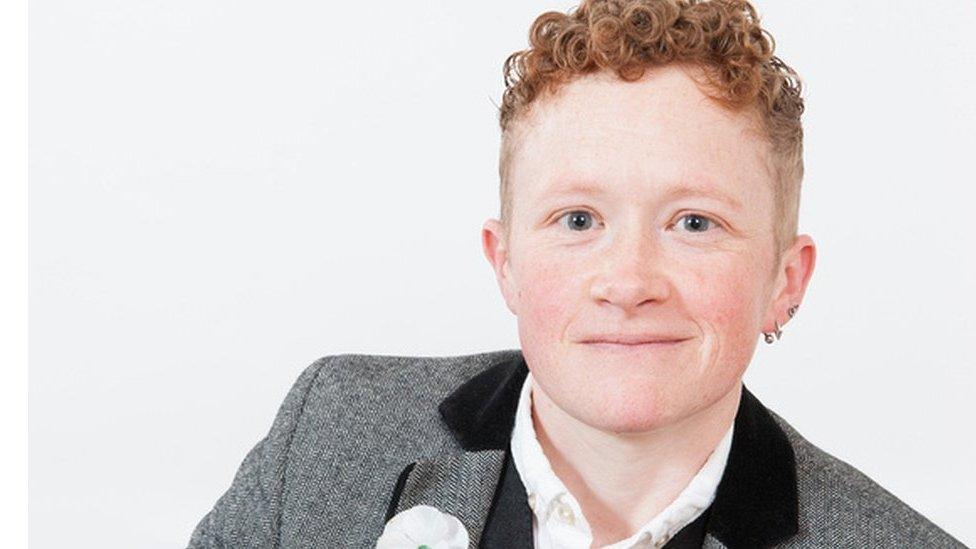
Dr Finn Mackay said: "We need safe non-judgemental spaces where people can ask questions and get things wrong"
University of the West of England academic Dr Finn Mackay describes herself as a butch lesbian and is not trans but has experienced transphobic abuse and harassment.
She said: "Sometimes people think I'm a young man going into the wrong toilets and will say 'what are you doing here?'
"As soon as I answer, and my voice is high-pitched, people realise I'm not a man and usually apologise.
"I have no problem with that, I expect that to happen and I totally understand why women would take a double glance if they think a man is in a women's space.
"But the whispering, the pointing and calling you 'it' is just discriminatory."
'Change their minds'
She said because trans people were seen as "different to the assumed norm" they were seen to "break fundamental social rules which are that sex at birth dictates your life".
"This results in trans people being seen as deviant."
Ms Morgan said most people attending the course were "sympathetic" but said the training needed to "reach people who are prejudiced and change their minds, but that's much harder".
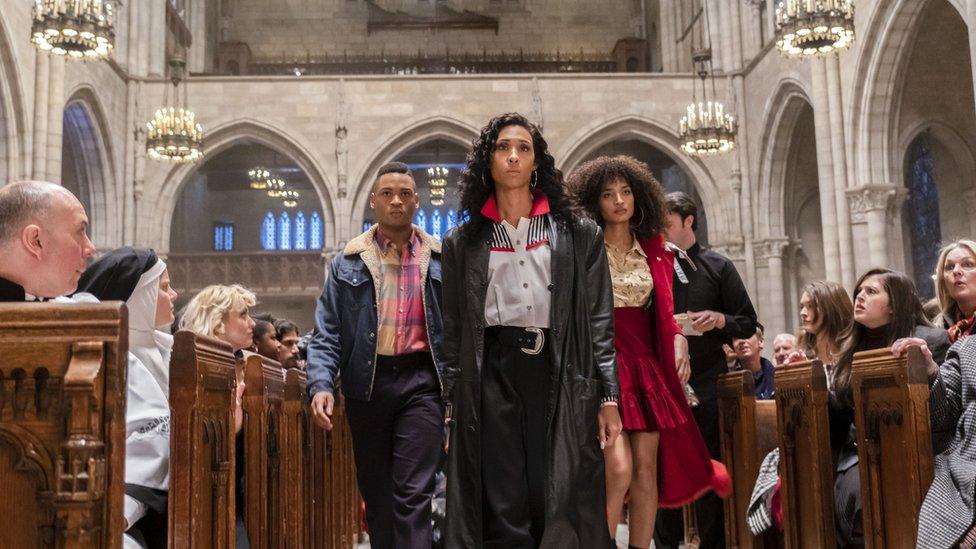
American TV drama Pose features the largest cast of transgender actors in series regular roles
She said when asked to name a famous trans person, classes "struggled", which she found "sad because lots of trans people are doing amazing things" and mentioned American drama series Pose, shown on the BBC.
University Hospitals Bristol NHS Foundation Trust recently ran the course and said it had been "instrumental in developing a deeper insight" into supporting trans patients and members of staff.
Alex Raikes, from Stand Against Racism and Inequality (SARI), said it had seen an increase in referrals for transphobic hate crime.
She said: "Many of these cases are very serious and include physical attacks and threats to life. It's for this reason SARI promotes training in best practice response and services for trans people."
- Published20 September 2019

- Published8 August 2019
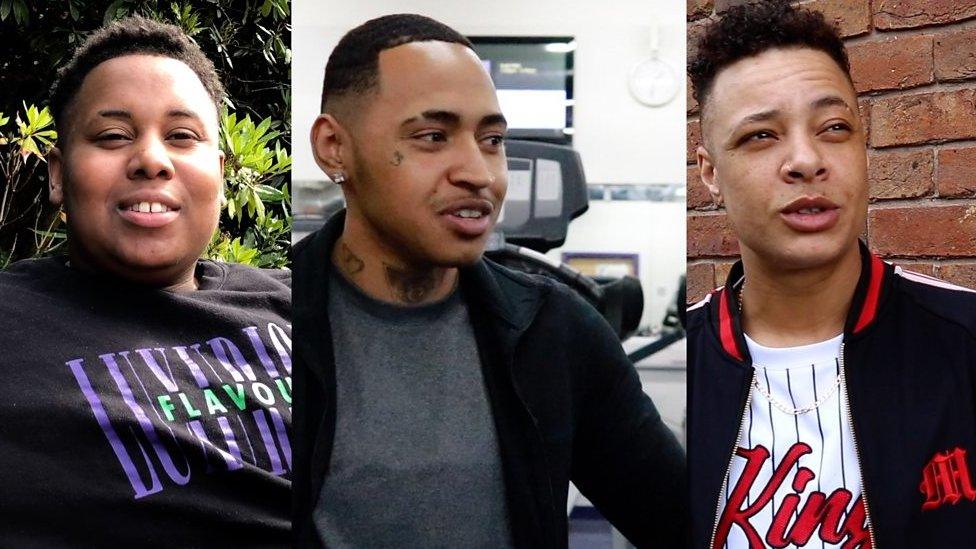
- Published11 June 2019
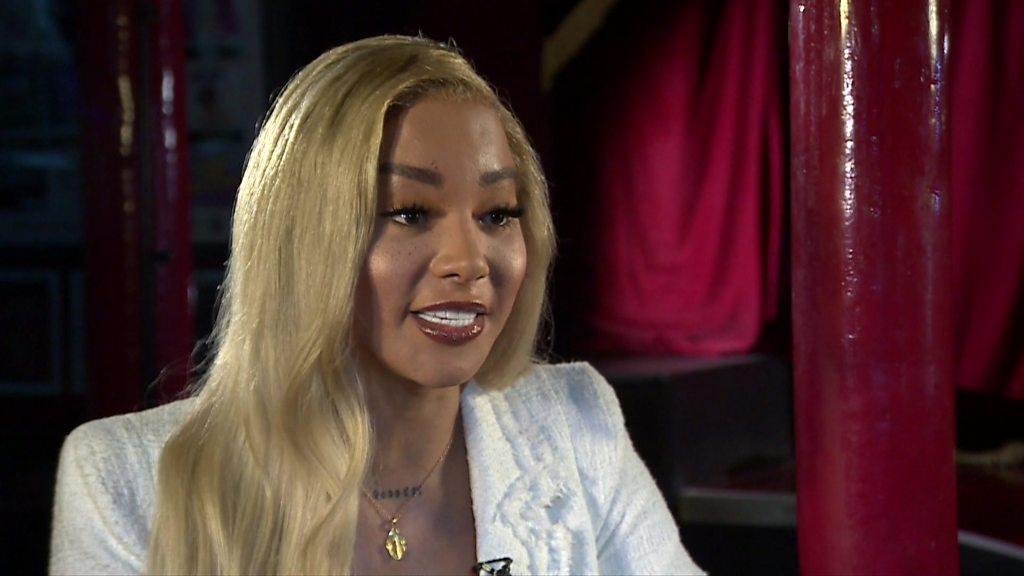
- Published31 March 2019
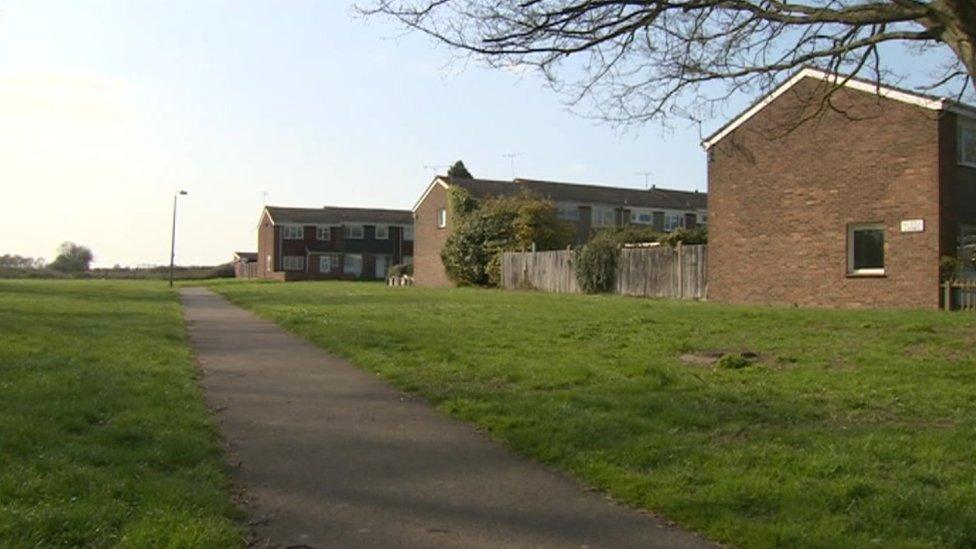
- Published1 November 2016
